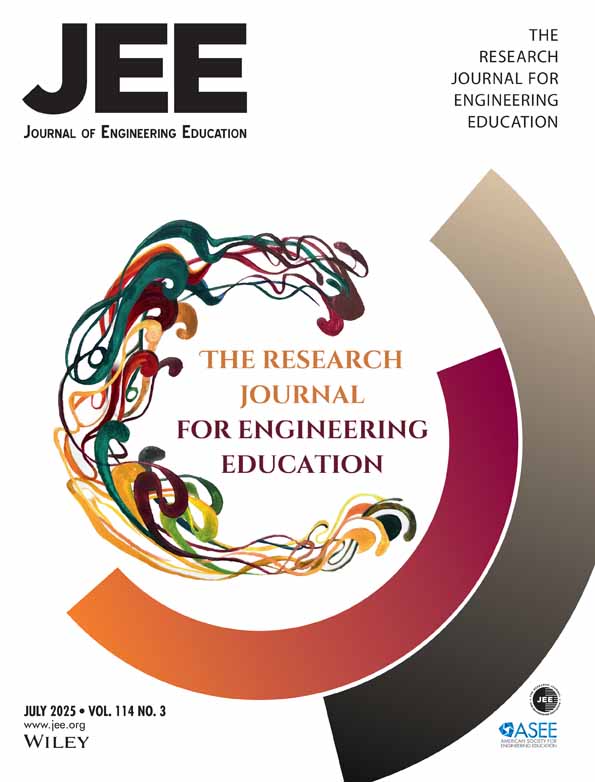Development of an Air Quality Program at the University of Illinois at Urbana-Champaign
Abstract
Interdisciplinary curricula, such as environmental engineering, are faced with the challenge of developing unified sets of courses for students from a variety of academic backgrounds. In addition to providing a rigorous technical education, engineering education should foster development of the professional skills that students need in the future, such as laboratory, computer, communication and teamwork abilities, and independence and creativity.
This program improvement project integrated traditional lectures with carefully designed assignments, experiments, and demonstrations to teach principles of air quality in environmental engineering. Computer simulations helped students develop a better intuitive understanding of fundamental air quality phenomena. Field trips served to illustrate applications of classroom concepts, and an instructional laboratory was developed to teach students the essential techniques of air quality monitoring.
The classroom and laboratory were also used as a supportive environment in which students learned professional skills applicable to graduate studies or professional employment. Students wrote “journal articles,” complete with peer review and revisions as part of a term project. Laboratory projects were used to introduce students to the techniques of writing proposals, and a professional style “class conference” gave students practice in making scientific presentations.




